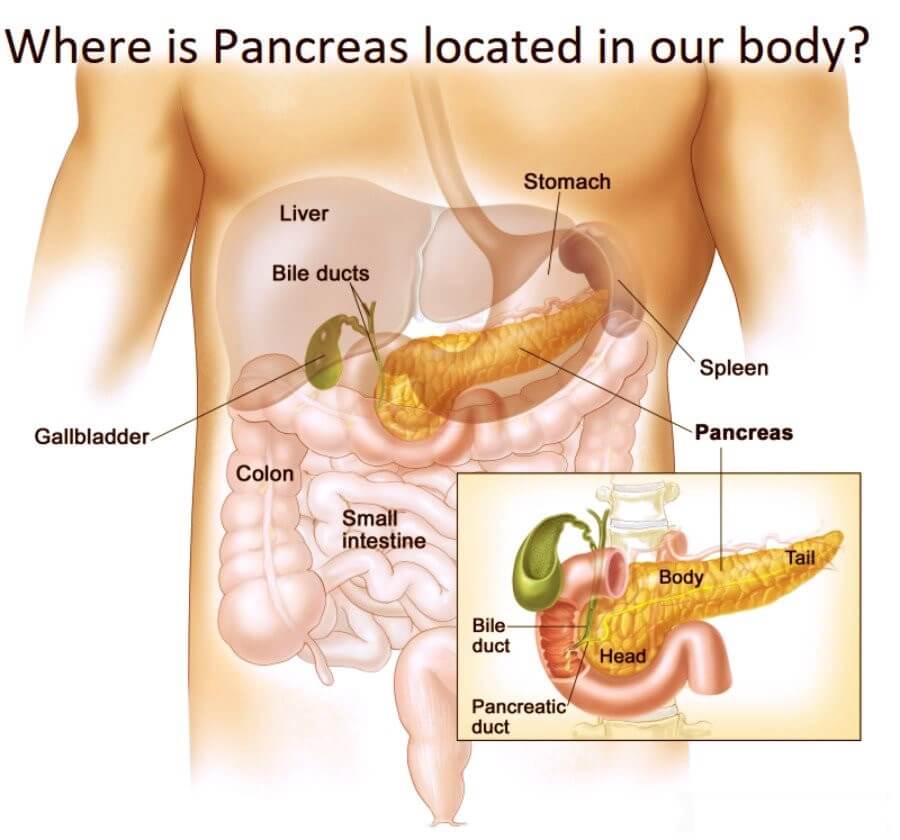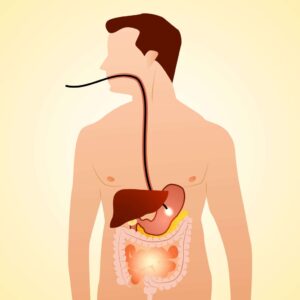Pancreas Specialist
Pancreas Specialist
The pancreas is a long, flat gland organ that is located in the upper abdomen. It is a part of the digestive system and creates enzymes and hormones that help in breaking down the food and digestion. Dr. Harshad Joshi is a Pancreas Specialist in Mumbai, he explains that the pancreas builds the hormone insulin and discharge it into the bloodstream, where it controls the body’s sugar level. Imbalance in sugar level control leads to diabetes. Other problems can include pancreatitis and pancreatic cancer.

Disorders related to Pancreas
Pancreatic problems can affect the whole body. If the digestive enzymes produced by the pancreas are not in enough quantity then it will lead to indigestion which can further cause weight loss and diarrhea. The islets of Langerhans are capable of controlling blood glucose. Too little insulin production will increase the risk of diabetes, and blood glucose levels will rise.
What is Pancreatitis?
Pancreatitis is a disease wherein your pancreas swell. It is usually referred to as acute or chronic inflammation. Pancreatitis can lead to secondary diabetes. The swelling to the pancreas occurs if the main duct from the pancreas is blocked by a gallstone or a tumor. Pancreatitis can also happen due to trauma and the use of alcohol, steroids, and drugs.

Endoscopic retrograde cholangiopancreatography (ERCP) is a technique that combines the use of endoscopy and fluoroscopy to diagnose and treat certain problems of the biliary or pancreatic ductal systems. Through the endoscope, the physician can see the inside of the stomach and duodenum, and inject a contrast medium into the ducts in the biliary tree and pancreas so they can be seen on radiographs. ERCP is used primarily to diagnose and treat conditions of the bile ducts and main pancreatic duct, including gallstones, inflammatory strictures (scars), leaks (from trauma and surgery), and cancer. ERCP can be performed for diagnostic and therapeutic reasons, although the development of safer and relatively non-invasive investigations such as magnetic resonance cholangiopancreatography (MRCP) and endoscopic ultrasound has meant that ERCP is now rarely performed without therapeutic intent.
If you have any of the following symptoms after ERCP, seek medical attention right away:
- pain in your abdomen that gets worse.
- problems breathing.
- problems swallowing or throat pain that gets worse.
- bloody or black, tar-colored stool.
- chest pain.
- fever.

